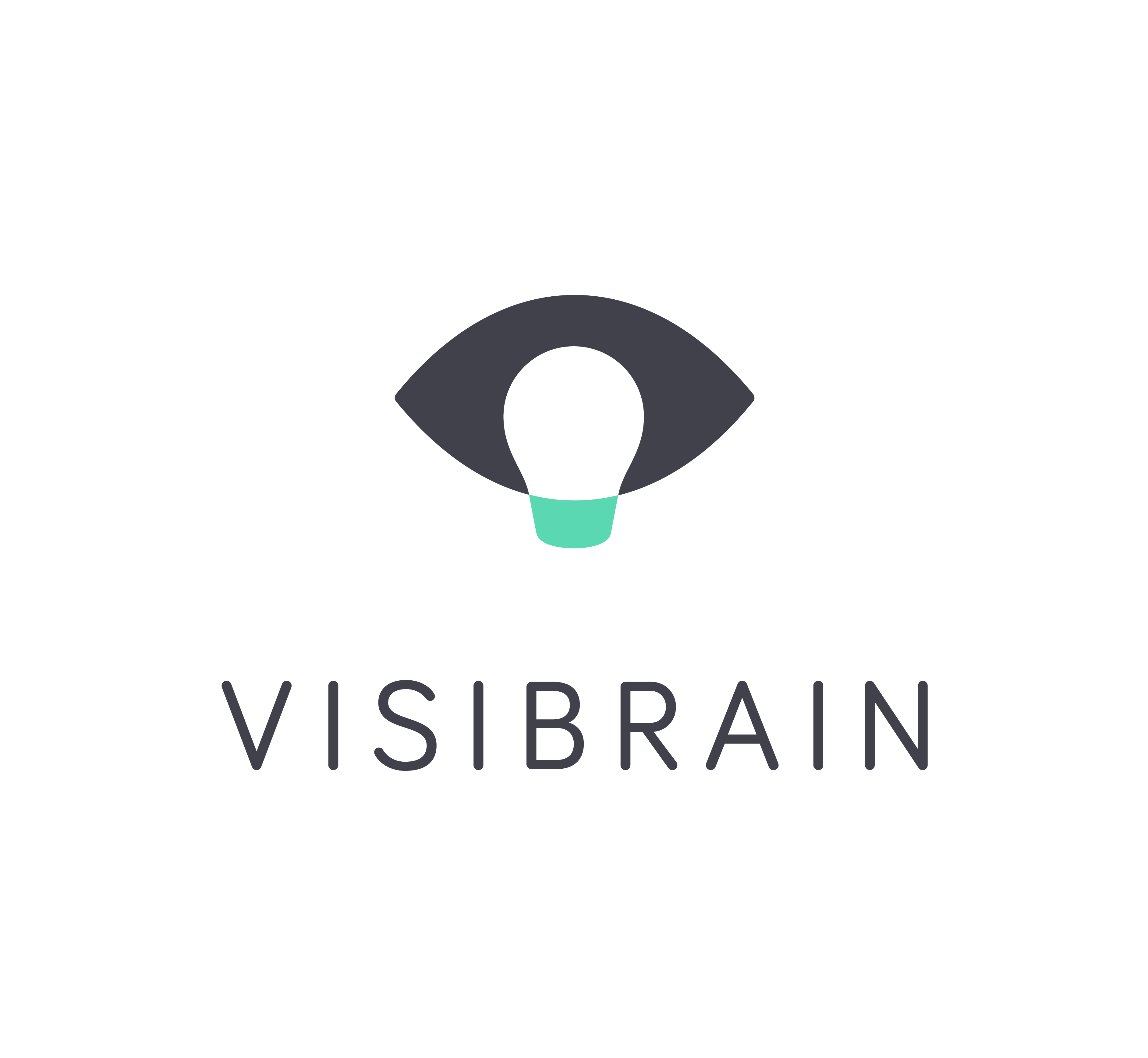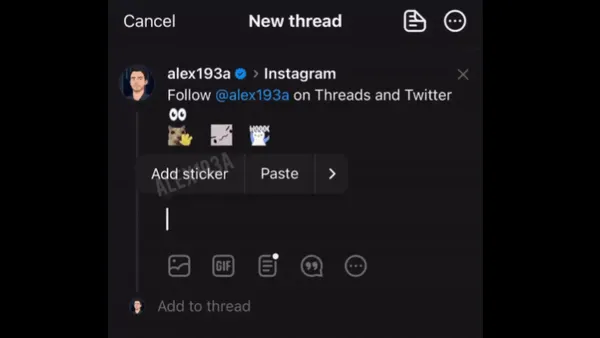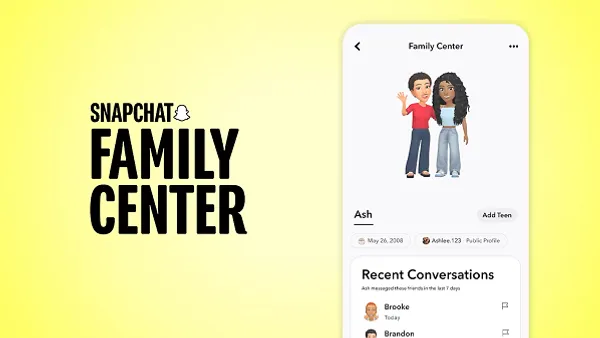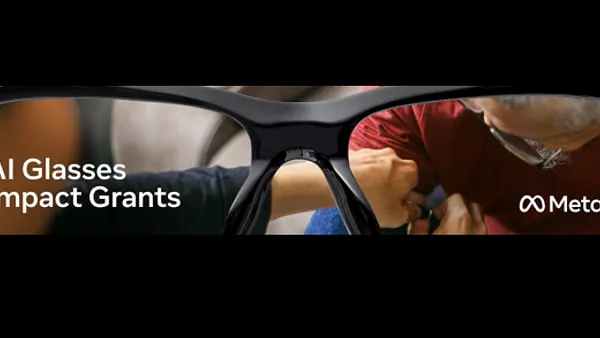 I thoroughly enjoyed watching Clint Eastwood's recent homage to Johnny Mercer, fellow Southerner and one of the few men to attend Woodberry Forest School near my home town in Virginia and not graduate to go work in his daddy's textile or insurance firm. After the show, which premiered on the TCM channel last week, I downloaded tons of Mercer material, including the Ella Fitzgerald cover of "Something's Gotta Give." Mercer's lyrics are every bit as clever as Cole Porter's, if less complex, and this song begins with the paradox of physics that states that "when an irresistible force meets an immovable object ... something's got to give."
I thoroughly enjoyed watching Clint Eastwood's recent homage to Johnny Mercer, fellow Southerner and one of the few men to attend Woodberry Forest School near my home town in Virginia and not graduate to go work in his daddy's textile or insurance firm. After the show, which premiered on the TCM channel last week, I downloaded tons of Mercer material, including the Ella Fitzgerald cover of "Something's Gotta Give." Mercer's lyrics are every bit as clever as Cole Porter's, if less complex, and this song begins with the paradox of physics that states that "when an irresistible force meets an immovable object ... something's got to give."So with this song on constant replay in my brain, I attended Sage Software's user conference last week in Atlanta to meet some of the Sage folk and to hear Brent Leary, our Blogger in Residence for TheSocialCustomer.com and fellow Georgian, speak about Social CRM. To put icing on the cake, Brent and I traveled together to New York to host the following day his interview with Jim Goldfinger (it was a big week for popular song lyrics) Founder and Senior Director, CRM Customer Value Network at SAP, who talked to an audience of CPG communicators and marketers about The Social Customer. And clearly Leary has discovered the new "irresistible force" in what social media is doing to transform the immovable object of traditional CRM.
What are some of those transformations? According to Leary, "many CRM vendors have twitter integrations, as well as facebook. Community is also big - RightNow bought HiveLive a few months ago. Lithium and other community platform providers are integrating with CRM vendors. And social media monitoring tools are beginning to integrate with CRM (like Radian6 and Salesforce.com). New vendors are creating their CRM services with social media functionality already baked in, like BatchBook.com, Network Hippo and BantamLive. This is just the tip of the iceberg, and in the next few years we'll see much tighter integration between CRM and social tools or networks, more acquisitions and more of a focus on creating a community experience to drive customer acquisition and retention. And analytics to help drive better decisions."
These networks and their associated apps, and the explosion of freely available insight and information, are not arriving in a vacuum. There's still a lot of conventional CRM out there, even if it's available as a service and it works pretty well in helping enterprise sales organizations better predict revenue and manage sales data. But like the enterprise email system defended by the IT department, or the ban on social networking at work, conventional CRM is losing its utility to the very people it is meant to assist. And then there's customer support. Many bloggers, starting with Robert Scoble over two years ago, have predicted that what will "give" in the new environment is the immovable object of conventional search and that makes sense. To have predicted two years ago the end of search in favor of networks of trust took some guts, but today with 400 million facebook users spending 8 billion minutes a week on the platform, it doesn't seem so far-fetched. It's pretty much conventional wisdom to ask why trust the Google algorithm when you can trust your "friends," and why search through tons of paid and unpaid and frequently dated search when you can get an instant answer from an online, trusted expert who probably doesn't even work for the vendor?
In traditional CRM search was only part of the story, since so much of the client data was proprietary, not always easy to access and also limited to a non-interactive relationship with the customer. Now it's not simply that people who run companies and their sales staffs want to get a better, faster look at customer sentiment, they want to also establish their own personal brands and support the brands of their companies. The thing that makes CRM valuable now is not search but analytics, better visualization of customer sentiment revealed in social networks, and the ability to create and collaborate to improve inbound marketing and thought leadership.
It's becoming a constant, three-dimensional content stream in, out and swirling around a customer-focused organization. But for all the preponderance of data and the speed with which it is created and analyzed, the real value of these tools is not their ability to replace human contact but to make that contact more valuable when it finally takes place, what Clara Shih talks about in her book The Facebook Era. Think about a call switch that doesn't piss you off but actually amuses and informs you along the way â€" as if you had a "genius" fine-tuning your choices before you transacted with a live person. Social CRM should prepare your customer outreach like a young debutante in her London "season" being prepped to be admitted to The Presence after having been vetted through a series of teas and balls. With Social CRM, customers now have an opportunity to experience your product and to learn more about you and your company before you are admitted to their Presence â€" and perhaps with your making fewer faux pas along the way.









